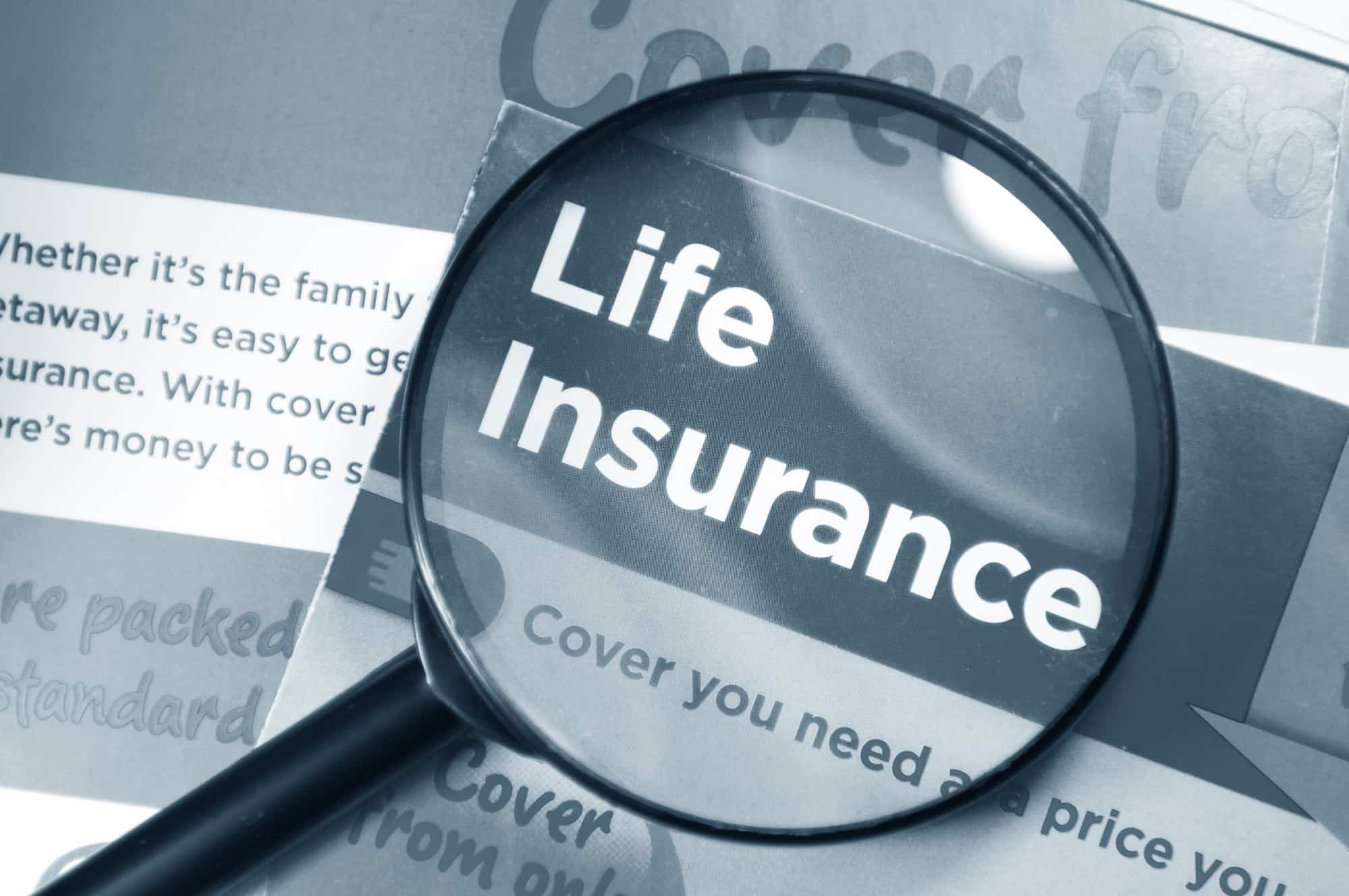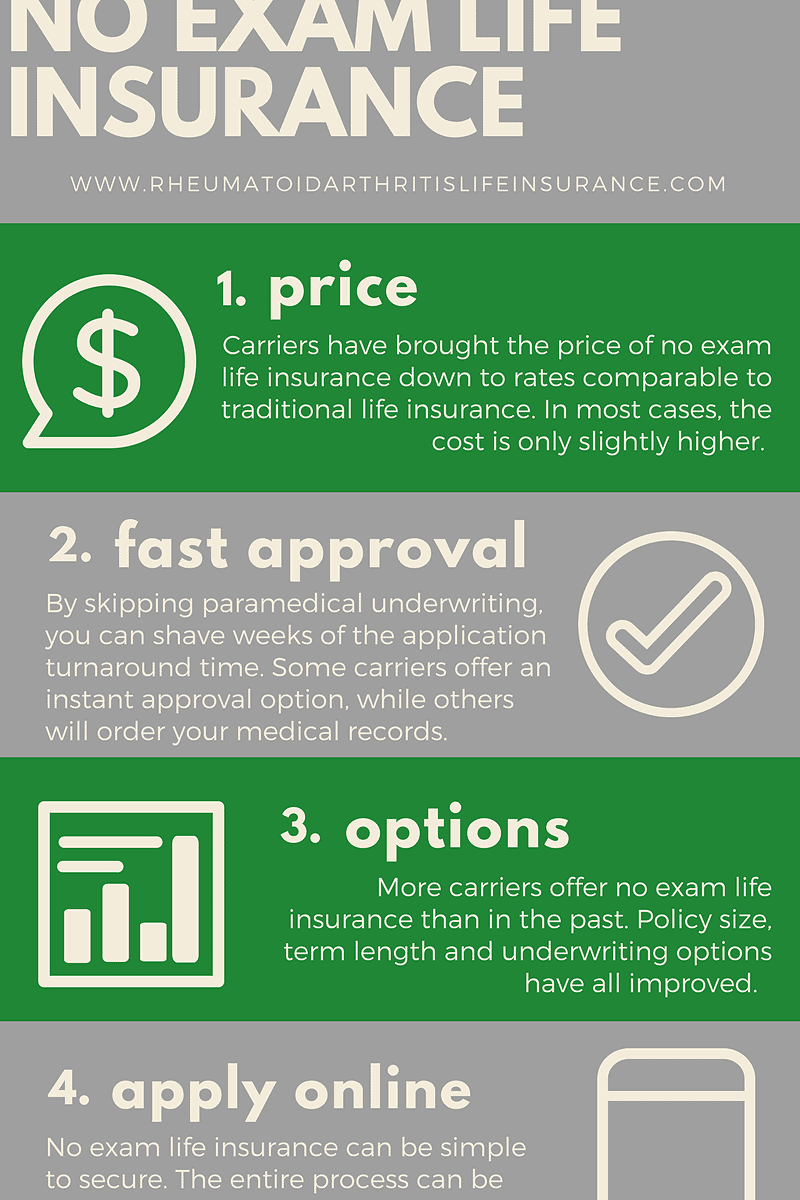Head Injuries
When it comes to car accidents, head injuries are no joke. They can range from a mild concussion to a severe traumatic brain injury (TBI), with symptoms that can linger for weeks, months, or even years. TBIs can affect your thinking, memory, and emotions, and in severe cases, they can even be fatal.
Concussions are the most common type of head injury, and they’re usually caused by a blow to the head. Symptoms of a concussion can include headache, nausea, dizziness, and confusion. Most concussions heal within a few weeks, but some people may experience symptoms for longer.
More severe head injuries, such as TBIs, can be caused by a violent blow to the head or by an object penetrating the skull. Symptoms of a TBI can include loss of consciousness, seizures, and difficulty speaking. TBIs can be life-threatening, and they can cause permanent disabilities.
If you’ve been in a car accident, it’s important to seek medical attention right away, even if you don’t think you’ve been injured. A doctor can evaluate your symptoms and determine if you have a head injury.
- Common Injuries From Car Accidents
List of Injuries from Car Accidents
Car accidents can be devastating, leading to a wide range of injuries. Understanding the potential consequences of a car accident is crucial for both drivers and passengers. Here’s a comprehensive list of common injuries sustained in car crashes.
Chest Injuries
Chest injuries are among the most serious injuries in car accidents. The impact of a collision can fracture ribs, causing severe pain and difficulty breathing. Additionally, a collapsed lung can occur when air escapes from the lungs and builds up in the chest cavity, leading to respiratory distress. If not treated promptly, chest injuries can be life-threatening.
Head Injuries
Head injuries, such as concussions, skull fractures, and traumatic brain injuries (TBIs), are prevalent in car accidents. These injuries can range from mild to severe, impacting cognitive function, memory, and physical abilities. The severity of a head injury often depends on the force of the impact and whether the head was struck directly or indirectly.
Neck and Back Injuries
Neck and back injuries are another common consequence of car accidents. The sudden and forceful impact of a collision can cause whiplash, herniated discs, and other spinal cord injuries. These injuries can result in chronic pain, limited mobility, and neurological symptoms. In severe cases, they can even lead to paralysis.
Limb Injuries
Limb injuries are frequently sustained in car accidents. Fractures, dislocations, and soft tissue injuries, such as sprains and strains, are common. The force of the impact can cause bones to break or dislocate, while the sudden movement can tear muscles, ligaments, and tendons. These injuries can range from minor discomfort to severe pain and disability.
Internal Injuries
Internal injuries are less visible but can be just as devastating as external injuries. Blunt force trauma from a car accident can cause internal bleeding, organ damage, and other serious complications. These injuries can be difficult to diagnose and may require immediate medical attention.
List of Injuries from Car Accidents
Car accidents can cause various injuries, ranging from minor scrapes to life-threatening conditions. If you’re involved in a car crash, it’s essential to seek medical attention immediately, even if you don’t feel injured. Here’s a list of common injuries that can result from car accidents:
Head Injuries
Head injuries are among the most severe injuries that can occur in a car accident. They can range from mild concussions to traumatic brain injuries (TBIs). Head injuries can cause symptoms such as headaches, dizziness, nausea, and difficulty concentrating. In severe cases, they can lead to coma or even death.
Neck Injuries
Neck injuries are also common in car accidents. They can be caused by the sudden and forceful movement of the head and neck, which can strain or injure the muscles, ligaments, and tendons in the neck. Neck injuries can cause pain, stiffness, and headaches. In severe cases, they can lead to paralysis.
Facial Injuries
Facial injuries can range from minor cuts and bruises to more serious injuries, such as broken bones or lacerations. Facial injuries can be caused by the impact of the airbag, the steering wheel, or other objects in the car. They can cause pain, disfigurement, and difficulty eating or speaking.
Chest Injuries
Chest injuries are another common type of injury that can occur in a car accident. They can be caused by the impact of the seat belt, the steering wheel, or other objects in the car. Chest injuries can cause pain, shortness of breath, and coughing. In severe cases, they can lead to broken ribs, punctured lungs, or heart damage.
Abdominal Injuries
Abdominal injuries, such as internal bleeding or organ damage, can be caused by blunt force trauma or penetrating injuries. Blunt force trauma can occur when the abdomen is struck by a hard object, such as the steering wheel or dashboard. Penetrating injuries can occur when an object, such as a piece of glass or metal, enters the abdomen. Abdominal injuries can cause pain, nausea, vomiting, and difficulty breathing. In severe cases, they can lead to sepsis or even death.
Back Injuries
Back injuries are also common in car accidents. They can be caused by the sudden and forceful movement of the spine, which can strain or injure the muscles, ligaments, and tendons in the back. Back injuries can cause pain, stiffness, and difficulty moving. In severe cases, they can lead to paralysis.
Leg Injuries
Leg injuries are another type of injury that can occur in a car accident. They can be caused by the impact of the dashboard, the steering wheel, or other objects in the car. Leg injuries can cause pain, swelling, and difficulty walking. In severe cases, they can lead to broken bones or amputation.
Pelvic Injuries
Pelvic injuries are serious injuries that can occur in a car accident. They can be caused by the impact of the steering wheel or other objects in the car. Pelvic injuries can cause pain, difficulty walking, and incontinence. In severe cases, they can lead to permanent disability.
Psychological Injuries
In addition to physical injuries, car accidents can also cause psychological injuries, such as post-traumatic stress disorder (PTSD), anxiety, and depression. Psychological injuries can be just as debilitating as physical injuries, and they can have a lasting impact on a person’s life.
Common Injuries Sustained in Car Accidents
Car accidents can be life-altering events, causing a wide range of injuries that can have both immediate and long-term consequences. Knowing the potential injuries associated with a car accident is crucial for understanding the risks and seeking appropriate medical attention.
From broken bones and lacerations to traumatic brain injuries and internal bleeding, the spectrum of injuries sustained in car accidents is vast. This article delves into some of the most common injuries and outlines their symptoms, potential complications, and treatment options.
Pelvic Injuries
Pelvic injuries are among the most serious and potentially life-threatening complications of car accidents. These injuries often result from the pelvis absorbing the impact of the crash, leading to fractures, dislocations, or damage to the surrounding organs.
Symptoms of pelvic injuries can include severe pain in the pelvic area, difficulty walking or sitting, urinary or bowel incontinence, and numbness or weakness in the legs. If you suspect a pelvic injury, seek immediate medical attention, as these injuries require prompt stabilization and treatment to prevent further complications.
Other Common Injuries
In addition to pelvic injuries, car accidents can also cause various other injuries, including:
- Broken bones
- Lacerations and cuts
- Head injuries
- Traumatic brain injuries
- Internal injuries
- Spinal cord injuries
- Burns
Get the Help You Need
If you have been involved in a car accident, it is essential to seek medical attention as soon as possible, even if you do not feel injured. Some injuries, such as internal bleeding or traumatic brain injuries, may not have immediate symptoms but can have severe consequences if left untreated.
By understanding the common injuries associated with car accidents and seeking appropriate medical attention, you can increase your chances of a full recovery and minimize the impact of these life-altering events.
List of Injuries From Car Accidents
There are many injuries that you can get into from a car accident such as head injuries, back injuries, leg injuries, neck injuries, abdominal injuries, and chest injuries. It’s imperative to have knowledge of the different types of injuries that can occur in a car accident, so that you can be prepared for the possibility of being involved in one.
Leg Injuries
Leg injuries are some of the most common injuries sustained in car accidents. These injuries can range from minor bruises and sprains to severe fractures and amputations. The severity of a leg injury will depend on a number of factors, including the type of accident, the speed of the vehicles involved, and the position of the victim’s body at the time of impact.
Some of the most common types of leg injuries include:
- Fractures: A fracture is a break in a bone resulting in a sharp and displaced bone fragment that could possibly puncture the skin.
- Sprains: A sprain is a ligament injury that connects two bones together and stabilizes the joint. Sprains can range from mild to severe.
- Lacerations: A laceration is a cut or tear in the skin. Lacerations can be minor or severe, and they may require stitches to close.
- Amputation: An amputation is the surgical removal of a limb. Amputations are typically only necessary in cases of severe trauma.
- Crush injuries: A crush injury occurs when a body part is crushed between two hard objects – this can cause severe damage to the muscles, bones, and nerves.
- Compartment syndrome: Compartment syndrome is a condition that occurs when there is too much pressure within a muscle compartment. This can lead to damage to the muscles, nerves, and blood vessels.
Injuries After a Wreck: A Comprehensive Guide to Physical and Psychological Trauma
Car accidents can cause a wide range of injuries, both physical and psychological. From cuts and bruises to broken bones and internal bleeding, the physical toll of a crash can be extensive. But beyond the visible wounds, accidents can also leave deep psychological scars.
Psychological Injuries
Trauma from a car accident can lead to a variety of psychological injuries, including:
- Anxiety disorders: These include generalized anxiety disorder (GAD), panic disorder, and obsessive-compulsive disorder (OCD). Symptoms can include excessive worry, fear, and rituals.
- Depression: Car accidents can trigger depression, which can lead to feelings of sadness, hopelessness, and loss of interest in activities.
- Insomnia and sleep disturbances: Difficulty sleeping, nightmares, and disrupted sleep-wake cycles are common after a crash.
- Post-traumatic stress disorder (PTSD): This severe anxiety disorder can develop after experiencing or witnessing a traumatic event. Symptoms include flashbacks, avoidance of triggers, and nightmares.
Psychological injuries can have a significant impact on a person’s life, affecting their relationships, work, and overall well-being.
Physical Injuries
The physical injuries from a car accident can range from minor to life-threatening. Some of the most common include:
- Head injuries: These can include concussions, skull fractures, and brain injuries. Symptoms can range from headaches and dizziness to memory loss and coma.
- Neck and back injuries: These include whiplash, herniated discs, and spinal cord injuries. Symptoms can include pain, stiffness, and loss of movement.
- Chest injuries: These include broken ribs, collapsed lungs, and heart injuries. Symptoms can include difficulty breathing, chest pain, and coughing up blood.
- Abdominal injuries: These include abdominal pain, internal bleeding, and organ damage. Symptoms can include bruising, swelling, and vomiting.
- Broken bones: These can occur anywhere in the body, from the arms and legs to the ribs and pelvis. Symptoms include pain, swelling, and deformity.
The severity of physical injuries depends on a number of factors, including the speed and impact of the crash, the type of vehicle involved, and the location of the impact.
Emotional and Psychological Trauma
In addition to physical injuries, car accidents can also cause emotional and psychological trauma. This can include:
- Fear and anxiety: Car accidents can trigger intense fear, anxiety, and panic. These feelings can persist for days, weeks, or even months after the crash.
- Guilt and shame: Some people who have been involved in a car accident may feel guilty or ashamed about their actions or the actions of others. These feelings can lead to depression and isolation.
- Loss and grief: If someone has died or been seriously injured in a car accident, the surviving family members and friends may experience overwhelming grief and loss.
Emotional and psychological trauma can take a long time to heal. It is important to seek professional help if you are experiencing any of these symptoms after a car accident.




Leave a Reply